

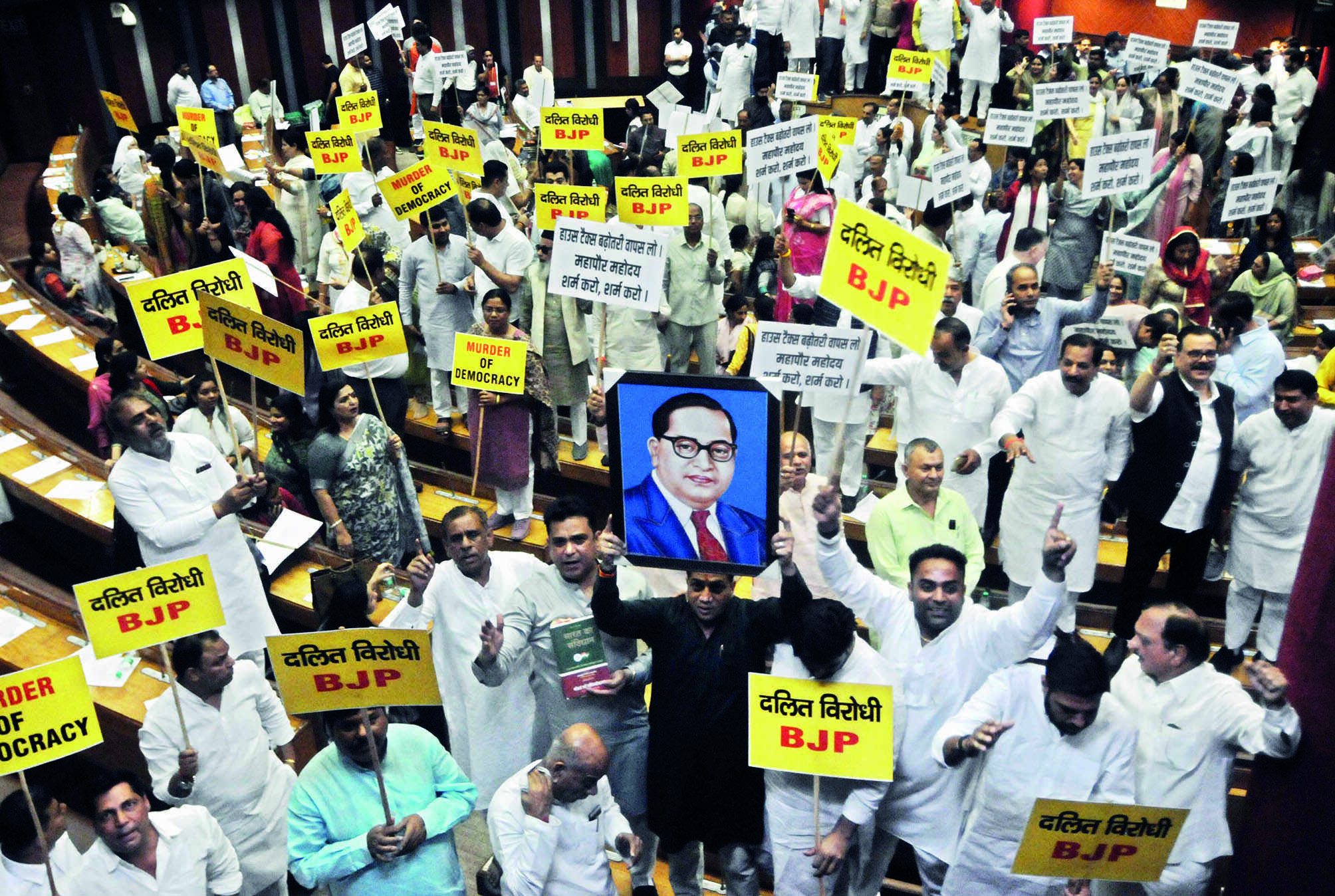
Former MP and Congress leader Udit Raj urges Delhi's Dalit community not to vote for the AAP, accusing former CM Arvind Kejriwal of neglecting their interests. Citing the party's recent scheme to provide honorarium to certain religious leaders, Raj claims that the AAP is playing vote bank politics at the expense of Dalit welfare. The AAP, however, refutes these allegations, stating that it is committed to fulfilling the "dreams" of Dr. BR Ambedkar through initiatives such as the Mukhyamantri Jai Bhim Yojana.
Dalit Virodhi Kejriwal: A Deeper Dive into the Controversy
The term "Dalit Virodhi Kejriwal" has been trending recently, referring to allegations against Delhi Chief Minister Arvind Kejriwal of neglecting the interests of the Dalit community.
Background:
Dalits, historically known as "untouchables," face systemic discrimination and social inequality in India. In recent years, the Dalit community has been vocal in demanding their rights and opportunities.
Allegations against Kejriwal:
Former Congress leader Udit Raj accused Kejriwal's Aam Aadmi Party (AAP) of neglecting Dalit welfare. He cited AAP's recent scheme to provide honorarium to certain religious leaders, claiming it is a form of vote bank politics at the expense of Dalit interests.
AAP's Response:
The AAP has refuted these allegations, stating that it is committed to fulfilling the "dreams" of Dr. BR Ambedkar, the Dalit icon, through initiatives such as the Mukhyamantri Jai Bhim Yojana, which provides financial assistance to Dalit students.
FAQs:
Q1: What are the specific allegations against Kejriwal? A1: Allegations include neglecting Dalit welfare, pursuing vote bank politics by providing honorarium to religious leaders, and failing to address systemic discrimination against Dalits.
Q2: How has the AAP responded to these allegations? A2: The AAP has refuted the allegations, stating that it is committed to Dalit welfare through various initiatives, such as the Mukhyamantri Jai Bhim Yojana.
Q3: Has Kejriwal's alleged negligence affected the Dalit community? A3: While it is difficult to quantify specific effects, Dalit activists have expressed concerns that the alleged neglect has had negative consequences for the community.
Q4: What is the significance of Dr. BR Ambedkar in the Dalit movement? A4: Dr. Ambedkar was a Dalit leader who fought against caste discrimination and drafted India's constitution. His "dreams" for the Dalit community include equal rights, opportunities, and dignity.
Q5: What are the potential consequences of these allegations for Kejriwal and the AAP? A5: The allegations could have political implications, potentially affecting Kejriwal's image and the AAP's support among Dalit voters.
Conclusion:
The allegations against Kejriwal raise important questions about Dalit welfare and the role of political parties in addressing systemic discrimination. While the AAP denies these allegations, Dalit activists continue to voice their concerns and demand concrete action to improve the lives of the Dalit community.

Members of the Kashmiri Pandit Association and the Jammu and Kashmir Dogra Samaj gathered in Mumbai to honor and mourn the Hindu civilians brutally killed in Pahalgam, Kashmir. The community representatives stated that the victims were targeted solely for their religious identity, reigniting concerns about minority safety in the conflict-prone region. The attendees stood in silence, holding placards and candles, to remember the victims and to demand justice and protection for vulnerable communities. The organizers emphasized the need for national unity and called upon authorities to take swift action against such attacks. They also stressed the importance of civil society standing up against communal violence through peaceful but firm action.
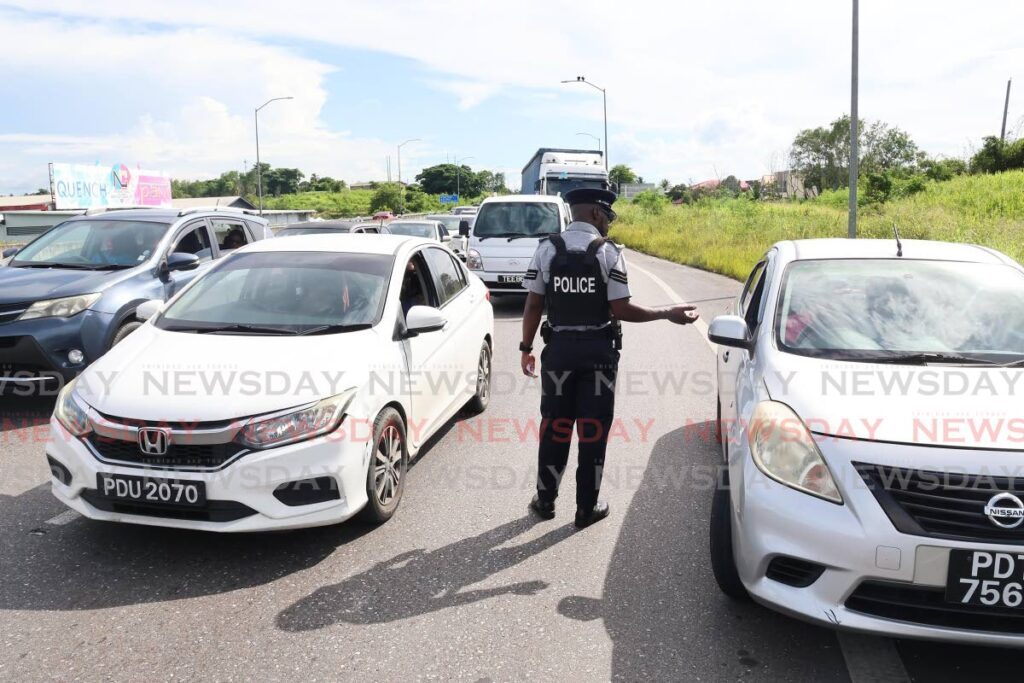
The Indian government has announced the implementation of a demerit point system for traffic violations, in an effort to reduce road accidents. Under this new system, drivers will receive demerit points for infractions such as speeding and running red lights, with accumulation of too many points potentially leading to suspension or cancellation of their driving licence. This initiative is part of a larger plan to improve road safety measures in India, which have come under scrutiny due to the high number of traffic-related deaths.
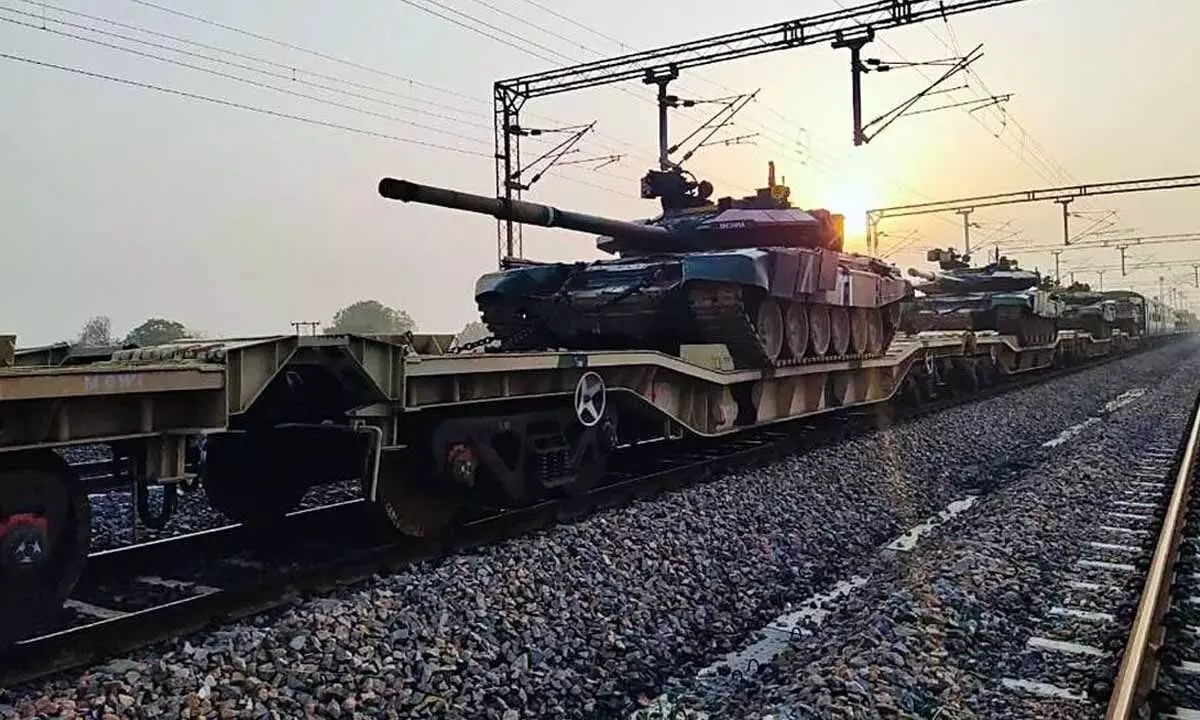
In the midst of escalating tensions between India and Pakistan, the Indian Railway Ministry has issued an advisory to its employees, cautioning them against sharing confidential information about military train movements with unauthorized persons. This comes as a response to possible attempts by Pakistani intelligence agencies to seek information about such movements. The advisory highlights the gravity of the situation and urges railway officials to be vigilant and not disclose any information to unauthorised individuals.
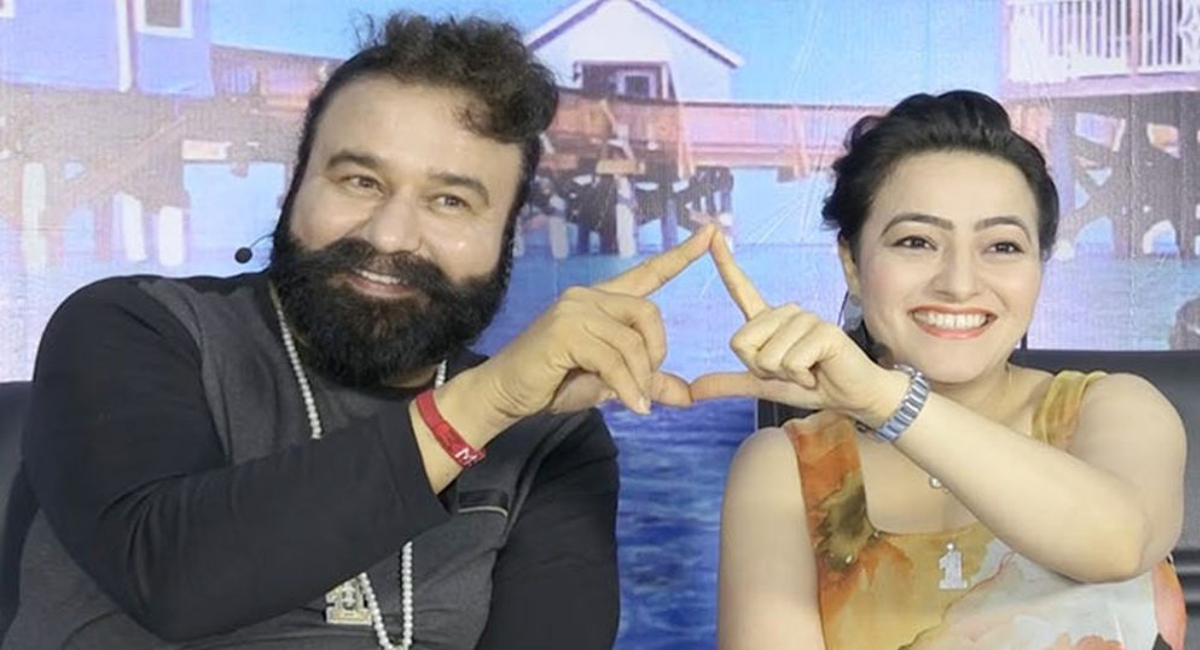
In the aftermath of the conviction of Dera Sacha Sauda chief Gurmeet Ram Rahim, a series of events have unfolded. Punjab's Chief Minister condemned Haryana's CM for blaming Punjab, Indian Film and Television Directors' Association canceled the Dera Chief's membership, and Twitter has frozen his official account. Additionally, his son has been appointed as the executive manager, leading to more speculation about the Dera Sacha Sauda's influence and power. The riots that have occurred in northern India since the conviction only further highlight the chaos surrounding this controversial figure. With the Dera Chief's influence on politics and the masses, it is clear that his actions have long-term consequences.
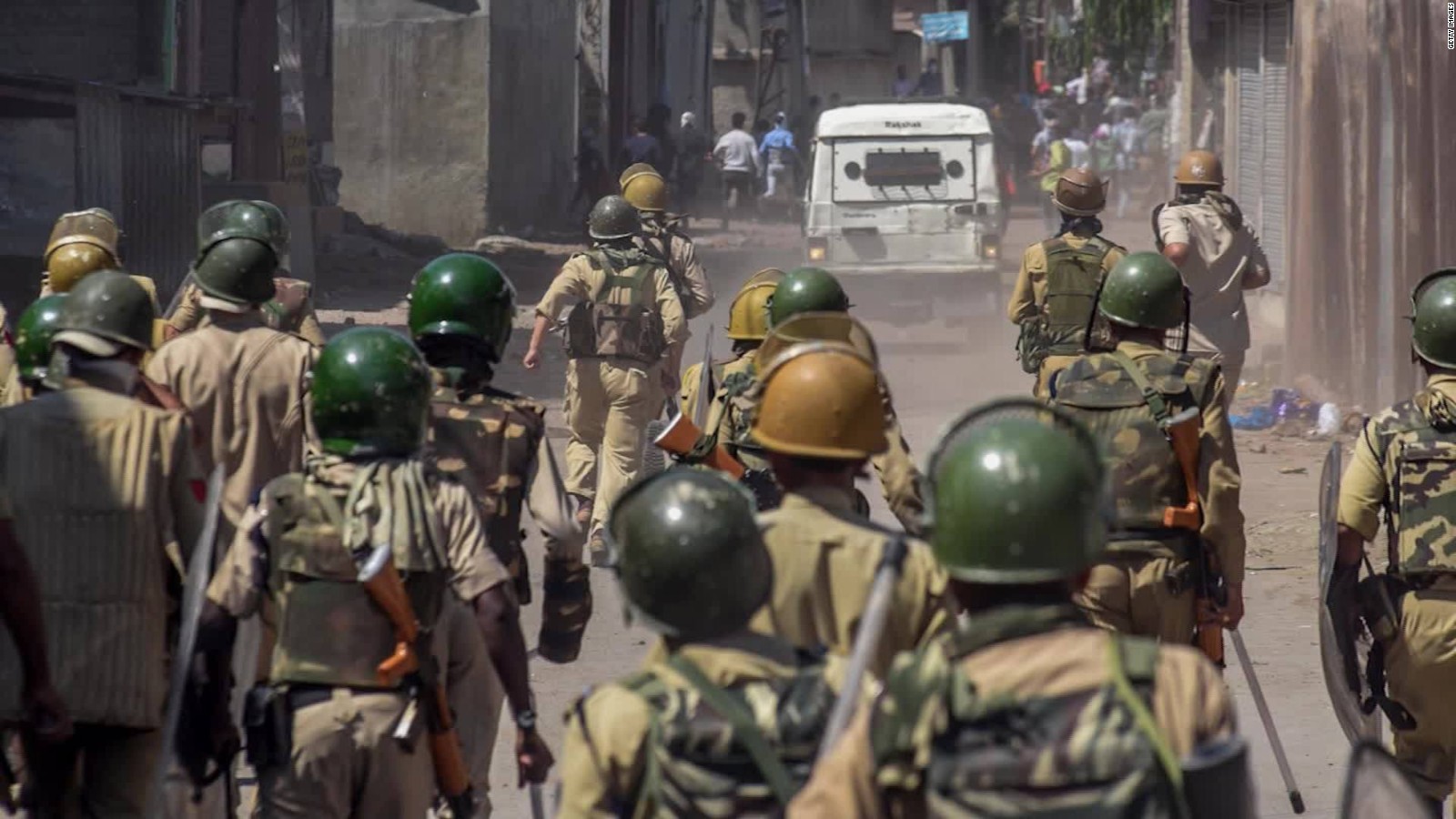
In a closed-door consultation, the UN Security Council discussed the recent terror attack in Jammu and Kashmir and called for de-escalation between India and Pakistan. The meeting, called by Greece, did not result in a statement, but Pakistan claimed its objectives were "largely served". The UNSC President described it as a "productive and helpful" meeting, while Pakistan's Permanent Representative stated that their objectives of having a discussion on the situation and the need for dialogue were achieved.
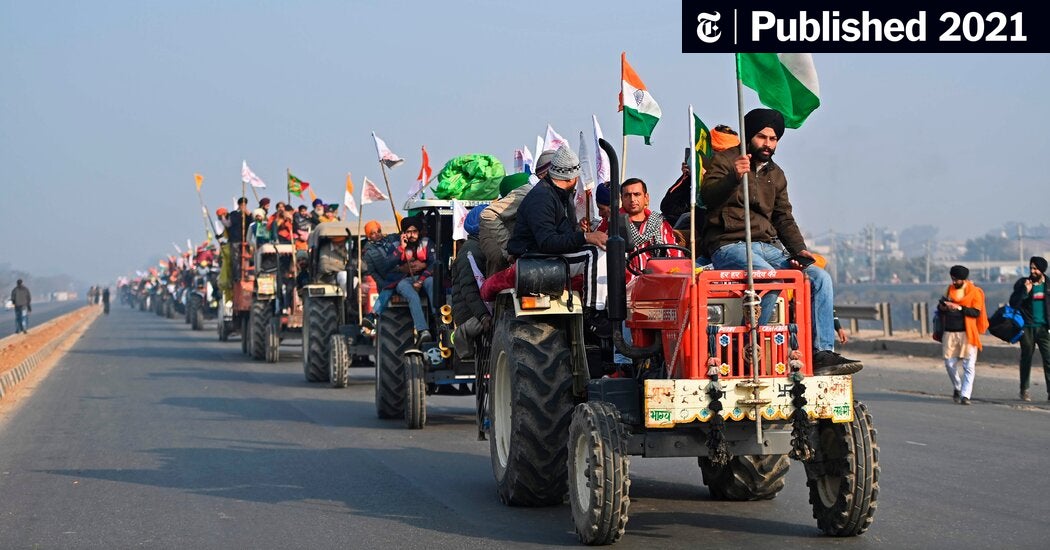
The ongoing farmers' movement in India is facing further obstacles as senior leaders, including Jagjit Singh Dallewal, have been placed under house arrest a day before a scheduled protest. This move by Indian authorities has been met with criticism from farmer organizations, who were planning a peaceful protest outside a police station. The arrests are being seen as a preemptive measure by the authorities, who fear a large-scale gathering against the government's alleged use of repressive methods. In the midst of this, Congress leader Mallikarjun Kharge is set to address a rally as part of the party's 'Save the Constitution' campaign in Jharkhand.
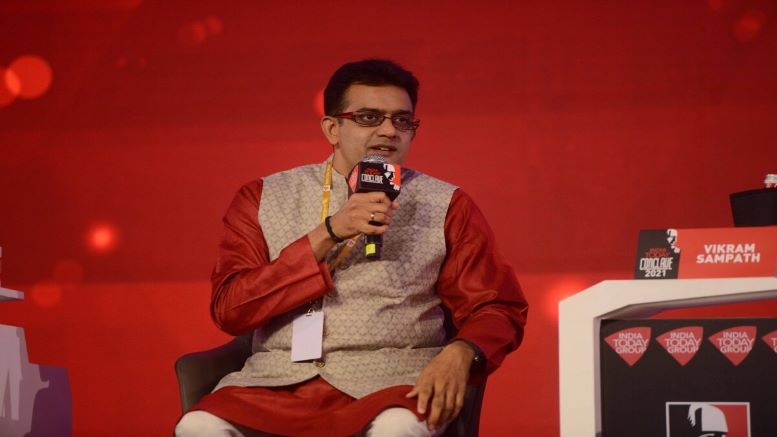
Speaking at the india@2047 summit, renowned historian Vikram Sampath challenged long-held historical narratives in India and called for a reevaluation of the nation's past. He highlighted the impact of colonialism on shaping India's historical consciousness, and the failure of successive regimes to correct this narrative. Sampath emphasized the importance of reclaiming India's civilizational ethos and fostering a culture of scholarly debate, driven by evidence rather than ideology. He also acknowledged the role of youth in driving independent research efforts that challenge established narratives.

The Enforcement Directorate has charged Congress leaders Sonia and Rahul Gandhi in the National Herald case, which was based on a complaint filed by BJP MP Subramanian Swamy in 2012. The complaint alleges that the Gandhis, along with other Congress leaders, conspired to transfer assets worth hundreds of crores to a company called Young Indian. The Congress has called the charges a political vendetta by the government. This development has further escalated the ongoing political rivalry between the two parties.
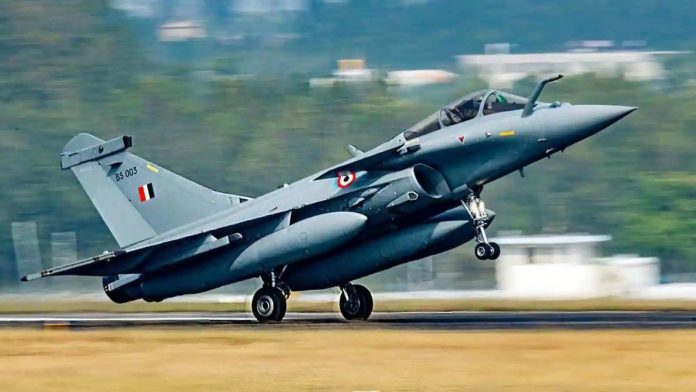
In a press conference, BJP spokesperson Sudhanshu Trivedi accused the Congress and its allies of continuously targeting the Indian Army through their statements, comparing them to Pakistan's anti-India activities. He also criticized UP Congress chief Ajay Rai for displaying a toy plane with lemons and chillies to represent Rafale jets parked with "nimbu-mirchi" (for warding off evil eye). Trivedi called on the government to take action against Pakistan following the Pahalgam terror attack and questioned the INDIA bloc's statement of being united with the government but having leaders making anti-India statements.
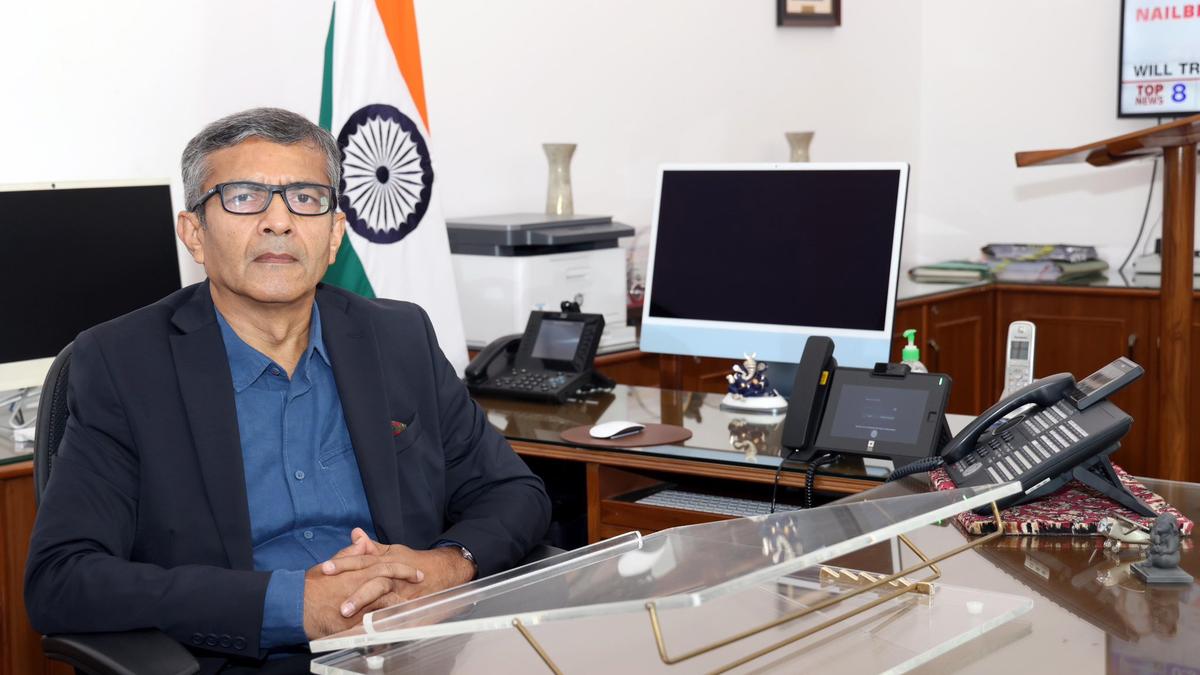
Following the deadly terrorist attack in Pahalgam, Jammu and Kashmir, Defence Secretary Rajesh Kumar Singh met with Prime Minister Narendra Modi to discuss the ongoing situation and response to the attack. This meeting comes after the Air Chief Marshal and Admiral of the Indian armed forces also met with the Prime Minister. Last week, PM Modi gave the armed forces "complete operational freedom" in dealing with terrorism and the United Nations Security Council is holding a closed consultation on the tensions between India and Pakistan.